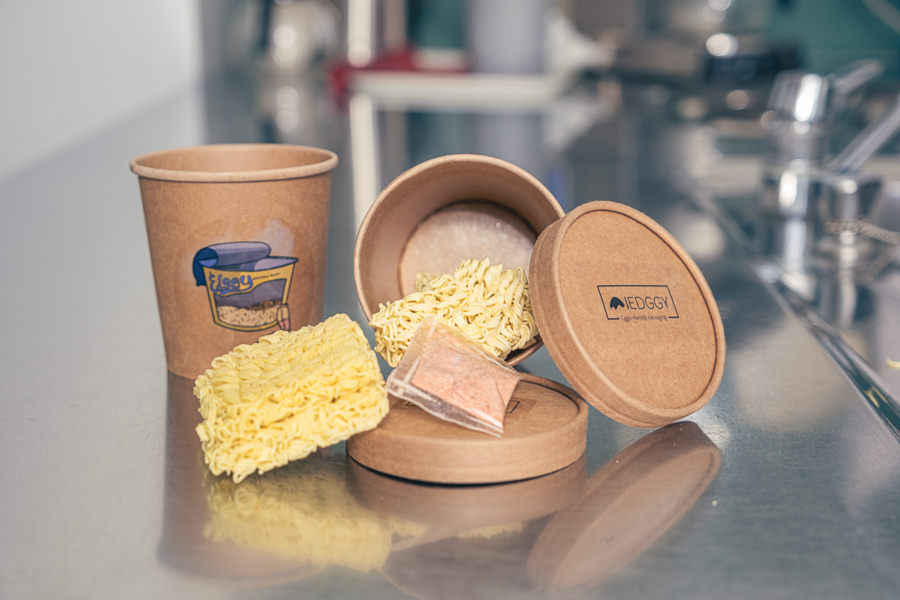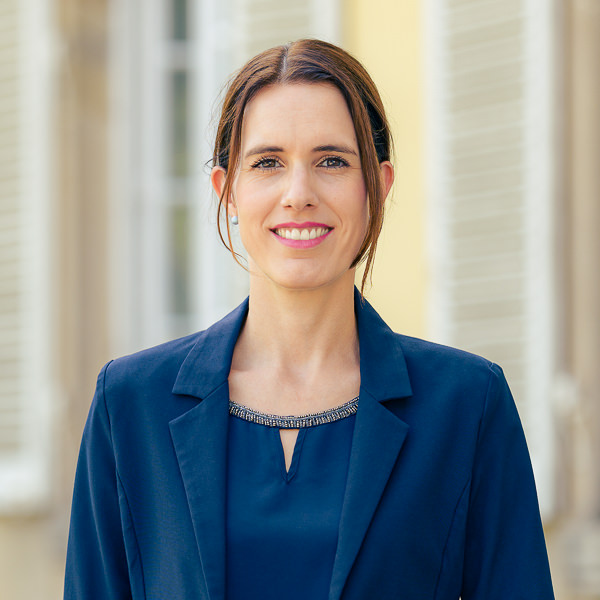
From Wallet to Belly: The Economic Impact of Protein Research
Global food production must increase to feed the world’s rapidly growing population. But we can't use more land for agriculture, which already takes up half of the world's habitable land. Therefore, we need to find different approaches to increase food supplies.
Raising the Steaks: Global Food Production in Transition
A growing number of people around the world are adopting vegetarian, vegan, or flexitarian diets with only the occasional inclusion of animal products. While some consumers are motivated by health or environmental concerns, others are drawn to plant-based options because they are perceived as being more ethical or humane. Many people refer to this shift in consumer habits as the Food Transition and compare it to the Industrial Revolution. Like the Industrial Revolution, the Food Transition could have a major social, technological, and economic impact on the planet.
We are already seeing all sorts of novel technologies transforming what is available in supermarkets. But more alternatives to animal-based food are needed if we are to tackle the climate crisis and make a healthy, balanced diet accessible to everyone.
At the University of Hohenheim, researchers are keeping a close eye on developments and their potential consequences on the markets.
- Novel food technologies that bring innovative, protein- and nutrient-efficient products to market.
- Agricultural technologies and practices that help reduce land use and increase crop, protein, and nutrient efficiency.
- (Re-)Introduction of biomass, such as waste materials and byproducts of food production, into the circular economy.
Food Technology Neophobia
Ramona Weinrich and her team at Hohenheim’s Department of Consumer Behavior in the Bioeconomy are studying the market acceptance of new foods and new food production technologies.
- What factors drive acceptance of new food technologies and the new food itself?
- Why do consumers reject certain foods / technologies?
- What are they willing to pay for new, more sustainable products?
Novel food technologies such as nanotechnology, genetic engineering, 3D food printing, and cultured meat can help increase food production and improve agricultural efficiency to meet the growing demand for food. They can also
- Increase crop yields and develop drought- and stress-resistant crops
- Enhance staple foods with essential nutrients, addressing nutritional deficiencies in populations that lack access to diverse diets
- Extend the shelf life of perishable foods and reduce post-harvest losses.
In short, innovative food technologies and novel foods, such as microalgae or insects, are essential to achieving many of the Sustainable Development Goals to which the members of the United Nations have committed themselves, such as zero poverty, zero hunger, responsible consumption and production, and climate action.
The underlying phenomena of rejection of new products or technologies on which they are based are called food neophobia and food technology neophobia. Through extensive research of consumer behavior, our scientists have confirmed that the Food Technology Neophobia Scale (FTNS) can be invaluable to food industry professionals in bringing food innovations based on novel food technologies to market. The scale was developed in 2008 with genetically modified foods in mind. It is based on a questionnaire containing 13 statements that cover different dimensions of food technology neophobia, including health and safety concerns, perceived naturalness, ethical considerations, and trust in food technology.
The scale can also be used to identify groups of consumers who are more likely to accept or reject technologies. Knowing how many consumers are likely to react negatively and, more importantly, for what reasons, will help the food industry better assess the chances for new technologies prior to costly development phases. Working with the scale will also make it easier to determine how best to communicate about new food technologies to improve their acceptance rate.

Only if consumers accept technologies such as cultured meat and buy the products, will these innovations prevail and make way for a more sustainable agro-food-nutrition sector.
Grain legumes like broad beans, sweet lupins, and soy beans can reduce atmospheric nitrogen and do not need chemical fertilizers that contain nitrates. They can thus help reduce nitrate pollution while providing a valuable source of regional protein for animal feed. However, in the past these grains have not been successful on the market. At the Department of Agricultural Markets, Franziska Mittag is working on a doctoral project that looks at how to improve the reception of these products by pinpointing the problems and creating strategies to solve them.
Protein Recycling: Byproducts and Waste Materials
There is a lot of waste in food production. With almost 9 billion mouths to feed worldwide, we can't afford to throw away any food and valuable nutrients such as proteins, fats, and carbohydrates that could be used in some way for human or animal consumption.
The University of Hohenheim’s pool of excellent student research teams is full of ideas to stop the waste.
Starting-up with proteins
Responsible management of finite resources and global food security are at the heart of teaching and research at the University of Hohenheim. Our students are surrounded by ideas on a circular economy, so it's no wonder that they're coming up with some great ideas on how to turn valuable nutrients like protein from perceived waste back into marketable products. The university is very proud to be the alma mater of up-and-coming entrepreneurs.
There is the brand-new student project EDGGY. The EDGGY team is a group of Hohenheim students who have come up with ways to reuse eggshells and vegetable protein in edible packaging. The idea and its realization won them the prize for the most innovative idea at the EIT Food Reuse2Repack Challenge. We believe we will hear more from team EDGGY.
The Zero Bullshit Company, a Hohenheim start-up, has developed the Better Cracker. It is made from more than 30 % recycled organic raw materials, such as sunflower seed flour, which is crunchy with protein. In the “Thought for Food Global Challenge,” the company was ranked among the world’s top 20 start-ups in 2021. In the same year, they came 2nd in the EIT Food Circular Economy Award.
The Hohenheim start-up Holiroots is an international team of three Master’s students in Bioeconomy at the University of Hohenheim. Hearing that some farmers are unable to sell more than 50 % of their production, the students decided to save the many tons of protein- and nutrient-rich veggies and turn them into healthy and delicious veggie crackers.
Digging deeper
- A systematic review of consumer studies applying the Food Technology Neophobia Scale: Lessons and applications (publication)
- Sustainability Transitions in der Lebensmittelproduktion: Alternative Proteinquellen in soziotechnischer Perspektive (publication)
- Hohenheim’s innovation and transfer initiative
- The University of Hohenheim’s Innovation Greenhouse
- One Health – Hohenheim Research Center for Health Sciences
- FRESHLI – Application for reducing food waste and optimizing the determination of the best-before date (German)
Research with us
The University of Hohenheim is Germany’s leading research facility in agricultural research and food sciences, as well as strong and unparalleled in natural, social, and communication sciences.
- Researchers of Proven Excellence
Our scientists demonstrate exceptional skills, knowledge, and achievements. - Strong Focus on Research
We are very well networked and have a unique research profile. - Scientific Research facilities
The University of Hohenheim accommodates various institutions whose structures enable joint research and teaching activities, thus creating the optimal conditions for conducting outstanding research and then transferring it outside of the university. - Dedicated Portal for Early Career Researchers
We are strongly committed to qualification in the early stages of scientific careers. - Innovation and Transfer
We promote intensive cooperation between scientists, private companies, and other societal actors. - Scientific Integrity at the University of Hohenheim
The University of Hohenheim, as a center for research, teaching, and the promotion of early career researchers, undertakes to create and continuously develop the suitable framework conditions for anchoring the culture of scientific integrity and ethics in daily scientific practice. - Professorial Appointments
Our Professorial Appointment Portal offers help for all parties involved throughout the whole process of professorial appointments. - Cooperations
On all levels, the University of Hohenheim networks with universities and research institutions with outstanding international reputation. - Research Promotion
Professional and practical support and assistance through application processes for third-party funds.